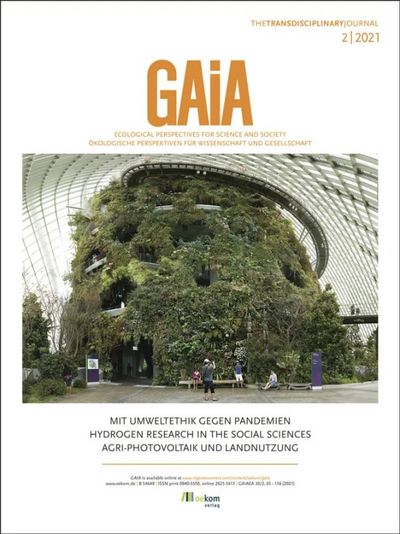How does a future-fit economy take root? An analysis of diffusion and adoption of future-fit business practices in brewing and printing companies
In the face of the worsening ecological crisis, more and more people are looking to pioneering companies which have made it their task to be part of the solution to this problem by deploying sustainable production and business practices. But how do these future-fit approaches spread within the economy? We present results from brewing and printing companies which suggest that successful diffusion of these approaches may be more complex than commonly assumed. For example, conventional companies tend not to adopt sustainable business practices merely because they are being promoted by future-fit small and medium-sized enterprises. Rather, change agents in conventional companies must be educated on how specific sustainable business practices serve as concrete solutions. Additionally, these practices must align with the company’s predominant view of the problem. Our results stress that future-fit companies cannot be the exclusive drivers of profound change; rather, they can only make their contribution when supported in this effort by science, politics and society in general.



